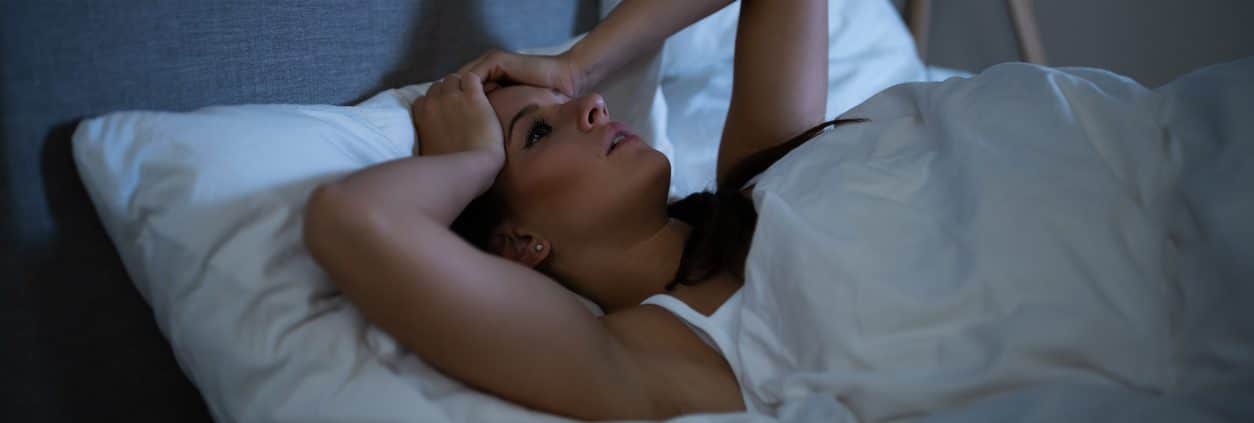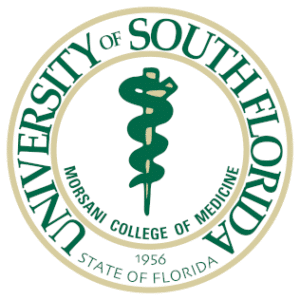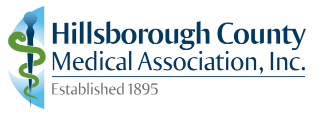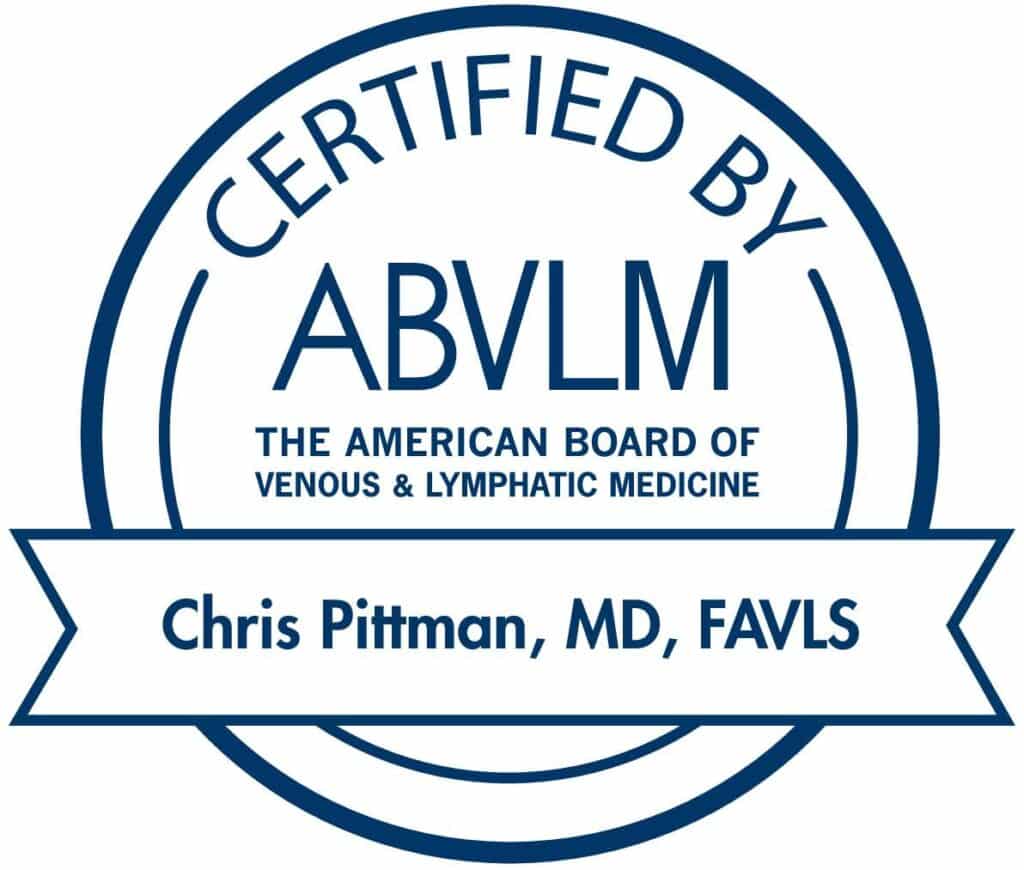If you suffer from varicose veins and notice the symptoms worsen at night, you’re not alone. Many varicose vein patients complain of pain and throbbing that prevent them from falling asleep and enjoying a good night’s rest. But why do varicose veins hurt more at night than during the daytime?
The most likely explanation is simply a build-up of pressure in the veins as the day progresses. Standing or sitting all day can overwork the delicate valves in the veins that are supposed to pump blood back to the heart. Because the blood cannot flow upward, it pools in the vein due to downward gravity. In response, the veins wall stretch out from under the skin, resulting in the bulging blue or purple ropes that typify varicose veins.
When you’re busy with your everyday tasks, you may be distracted from the discomfort and throbbing of varicose veins during the day. By the time you go home and try to rest, however, the accumulation of the pressure in the veins is felt more acutely, and could interfere with your sleep. But there are steps you can take to ease those symptoms and get a good night’s rest.
Before You Go to Sleep
To lessen the discomfort of varicose veins before you lie down to sleep, try these three tips to ensure a pain-free, restful night.
Elevate. Prop your feet up on a pillow for 15 minutes. This accelerates the blood flow from the legs to the chest, reducing stress on the vein valves. You can also put a small pillow under your legs as you sleep in order to push the blood upward.
Stretch. A leisurely walk before bedtime stretches the calf muscles, which supports circulation. Yoga exercises that gently elongate the calf muscles and hamstrings accomplish the same goal. Also try yoga poses that elevate the feet above your heart, such as headstands, shoulder stands, or putting your legs up against a wall. These actions help the veins valves return blood to the heart.
Hydrate. Adequate hydration is necessary for proper circulation. Drinking water throughout the day helps blood vessels operate efficiently and prevents leg cramps.
Nighttime leg cramps, swelling, and pain may be caused by a condition other than varicose veins. A vascular specialist can examine your legs to determine the cause and recommend treatment options.
Treating Your Varicose Veins
If your varicose veins make it increasingly difficult to fall asleep, you should consider a permanent treatment. At Vein911® Vein Treatment Centers, we are experts in minimally invasive surgical procedures that erase varicose veins and allow patients to resume their daily lives.
We offer ultrasound guided foam sclerotherapy in which a foam is injected into the vein to close it off. This brief procedure requires no anesthesia because the needle used is small.
For endovenous laser treatment, we use a thin laser fiber to puncture the damaged vein and heat up the vein wall. The heat collapses the vein, while blood flow shifts to healthier veins. The treated vein disappears within a couple weeks.
To learn more about these procedures and other varicose vein treatments, contact the Vein911® Vein Treatment Centers today for an appointment. We’re here to help you get relief from the symptoms of varicose veins — and get a good night’s sleep.











